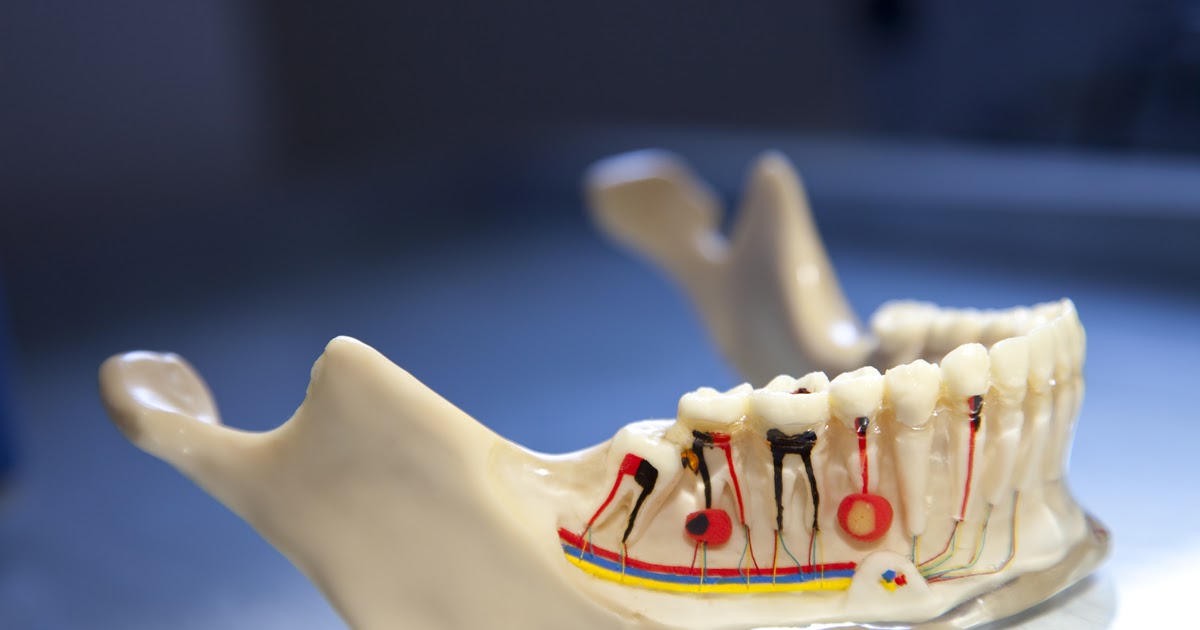What Is A Root Canal?
A root canal is a type of dental surgery most often performed by an oral surgeon called an endodontist, though a general dentist can also do the procedure. The object of the root canal is to remove the infected pulp in the chambers of a tooth. This procedure often saves the tooth, which saves the patient the expense of a dental implant. However, if the tooth cannot be saved, the root canal prepares the area for an implant. Endodontists and dentists perform over fifteen million root canals a year, and over ninety-five percent of the procedures are successful.
Basic Overview Of A Root Canal

In this procedure, the endodontist examines the patient's mouth and takes X-rays of the area to see the interior structures of the affected tooth. The surgeon also uses X-rays during the surgery and after the surgery to make sure the operation is and was performed successfully. The patient has a choice of several types of anesthesia, including IV sedation or general anesthesia. If the patient chooses general anesthesia, a dental anesthesiologist must be part of the surgical team, and the operation may need to take place in a hospital or clinic instead of the dentist's office.
There are usually two phases of a root canal. During the first phase, the endodontist drills a hole into the pulp and removes the infected material. They then open up, clean, and shape the root canals with special instruments. They will pack the tooth with medicated gauze and a temporary filling. These are removed after about a week then the cavity is filled with gutta-percha.
When Root Canals Are Recommended

The conditions for when root canals are recommended are when the pulp of the tooth becomes infected, and the infection does not respond to medications, but keeps recurring. Sometimes, the patient can experience extreme pain from pulpitis as the inflamed tissue presses on the nerves in the tooth. At other times, the patient feels no pain at all as the infection has destroyed the nerves. The tooth can become infected or inflamed because it has been broken and bacteria have invaded it, a cavity has become so deep and large that it has reached the pulp, the tooth has been weakened from too many dental procedures, or there is something wrong with an artificial crown.
